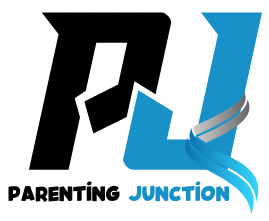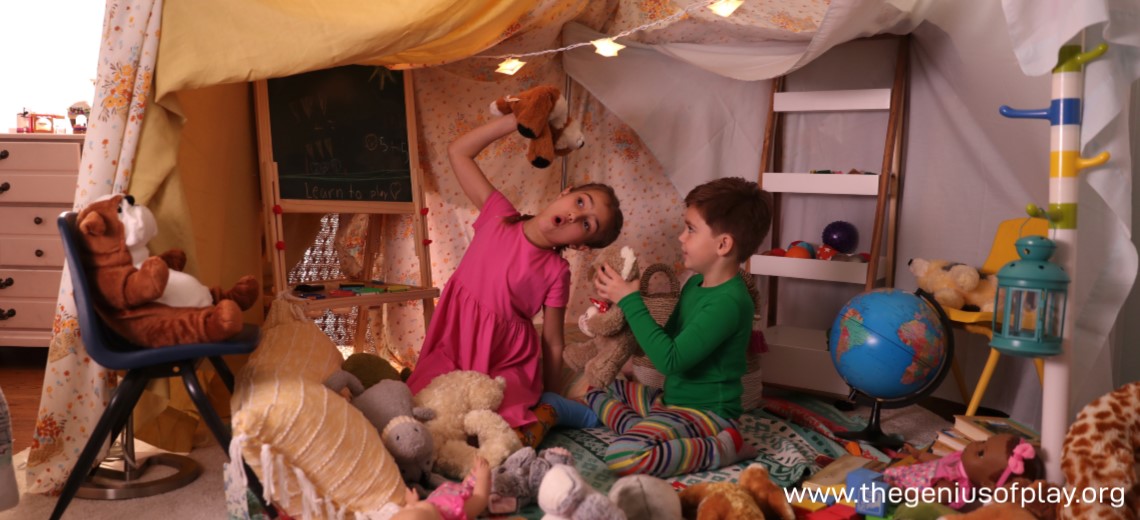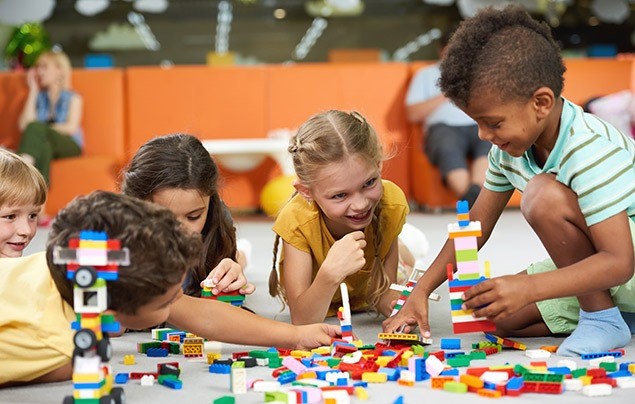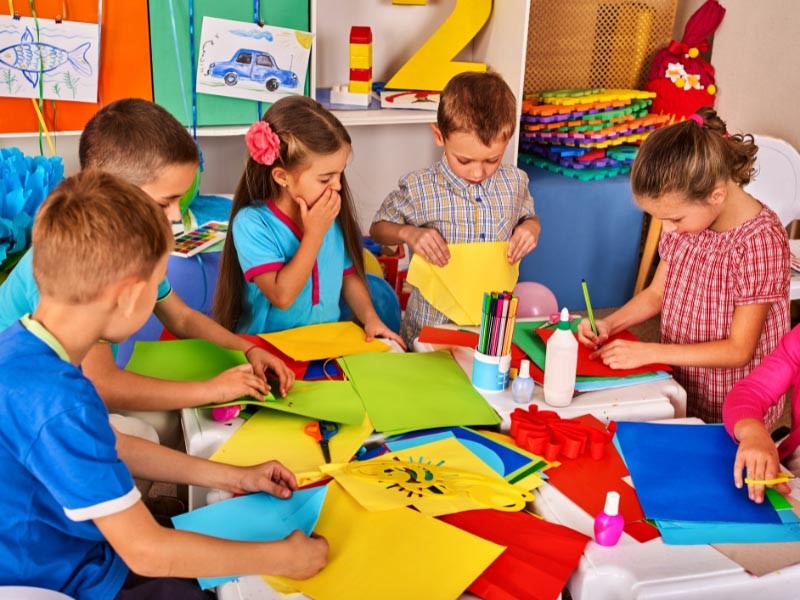Indoor play isn’t just about keeping children busy when they can’t go outside—it’s a powerful opportunity to encourage growth in all areas of development. Whether you’re navigating rainy days, cold winters, or simply looking for screen-free engagement, the right indoor playtime ideas can foster cognitive, physical, emotional, and social skills in young children.
In this article, you’ll discover a variety of fun and easy indoor activities that also support your child’s overall development—from brain-building puzzles to games that strengthen emotional intelligence.
Why Indoor Play Matters for Development
Indoor play offers a safe, controlled environment where kids can explore, learn, and develop at their own pace. Well-designed activities can improve:
- Cognitive skills (problem-solving, memory, focus)
- Fine and gross motor skills
- Language and communication
- Creativity and imagination
- Social-emotional development
Let’s dive into some development-boosting play ideas that you can do right at home.
- Puzzle Time for Problem-Solving
Whether it’s a simple 4-piece animal puzzle or a more complex jigsaw for older kids, puzzles help develop logic, spatial reasoning, and patience.
Developmental Benefits:
- Enhances concentration and memory
- Builds visual-spatial awareness
- Encourages goal-setting and perseverance
Pro Tip: Start with large-piece wooden puzzles for toddlers and gradually increase complexity as your child’s skill grows.
- Pretend Play with Dress-Up
Pretend play, or “dramatic play,” helps children explore different roles and scenarios. Dress up as firefighters, doctors, chefs, or superheroes, and act out stories together.
Developmental Benefits:
- Expands vocabulary and storytelling
- Builds empathy and emotional awareness
- Encourages problem-solving in social contexts
Encourage This: Keep a box of hats, scarves, and safe costume pieces for open-ended play.

Source: https://www.firstdiscoverers.co.uk/12-indoor-activities-kids/
- Obstacle Courses for Gross Motor Skills
Use cushions, chairs, tunnels, and tape to create an indoor obstacle course. Have your child crawl under tables, jump over lines, balance on pillows, and race to finish.
Developmental Benefits:
- Improves coordination and balance
- Strengthens core and limb muscles
- Enhances planning and sequencing abilities
Safety Tip: Clear away any sharp or slippery items beforehand.
- Building Blocks and LEGO for STEM Thinking
Blocks and construction toys allow children to experiment with design, structure, and balance.
Developmental Benefits:
- Teaches cause and effect
- Introduces early engineering and math concepts
- Supports hand-eye coordination and fine motor skills
Parent Tip: Ask open-ended questions like “What are you building?” or “What do you think will happen if…?”
- Story Time and Storytelling
Reading aloud or telling made-up stories helps foster language skills, imagination, and a love for books.
Developmental Benefits:
- Expands vocabulary and comprehension
- Promotes listening and attention
- Encourages emotional expression
Fun Twist: Let your child “read” to you by describing pictures or inventing their own tale.
- Music and Movement Games
Dance parties, freeze dance, or playing simple rhythms with instruments (or pots and pans!) combine physical movement with auditory learning.

Source: https://www.splashlearn.com/blog/indoor-activities-for-toddlers/
Developmental Benefits:
- Builds rhythm, timing, and body awareness
- Boosts mood and self-regulation
- Supports auditory processing and memory
Activity Idea: Play a variety of musical genres and encourage your child to “move like the music.”
- Matching and Sorting Games
Sort socks, blocks by color, or animal cards by habitat. These simple games teach categorization and comparison.
Developmental Benefits:
- Sharpens visual discrimination
- Builds logic and early math concepts
- Encourages independent play
Make it Interactive: Add a timer or race element to energize the activity.
- Play Dough Creations
Manipulating play dough strengthens tiny hand muscles and allows endless opportunities for creativity.
Developmental Benefits:
- Improves fine motor strength and dexterity
- Supports creativity and focus
- Provides sensory stimulation
Enhance It: Add cookie cutters, rolling pins, or nature-themed tools like leaves and sticks.
- Simple Science Experiments
Try safe, hands-on science projects like making a rainbow with water and light, growing beans in a jar, or creating a volcano with baking soda and vinegar.
Developmental Benefits:
- Builds inquiry and observation skills
- Sparks curiosity and critical thinking
- Introduces basic scientific concepts
Ask Questions: “What do you think will happen next?” or “Why do you think that changed?”
- Emotional Charades
Write different emotions on cards (happy, sad, excited, angry) and act them out. Let your child guess or mirror the expression.
Developmental Benefits:
- Improves emotional recognition
- Builds empathy and expressive language
- Encourages self-regulation
Family Game Night Twist: Add real-life situations to practice emotional responses and problem-solving.
- Sorting Coins or Buttons
Give your child a collection of coins or buttons to sort by size, shape, or color. Use cupcake tins or bowls for added organization.
Developmental Benefits:
- Strengthens math skills
- Sharpens attention to detail
- Enhances hand-eye coordination
- Journal or Drawing Prompts
Provide a notebook and daily drawing or writing prompts like “Draw your dream pet” or “What made you smile today?”
Developmental Benefits:
- Encourages reflective thinking
- Builds early literacy and fine motor skills
- Boosts self-expression and confidence
- Shadow Play and Light Games
Shine a flashlight against the wall to create shadow puppets or explore light with translucent objects and a lamp.
Developmental Benefits:
- Teaches cause and effect
- Promotes imagination and experimentation
- Introduces basic physics of light and shadows
Final Thoughts
Indoor play doesn’t have to mean passive or screen-based time. With a little creativity, your home can become a rich learning environment that supports every area of your child’s development. From language-rich storytelling to movement-based obstacle courses, these activities spark curiosity, build essential skills, and, most importantly, foster joy.
Try rotating these activities each week to keep things fresh and stimulating. Follow your child’s interests, offer variety, and most importantly—join in. You’ll not only help your child grow, but also create beautiful shared memories along the way.





